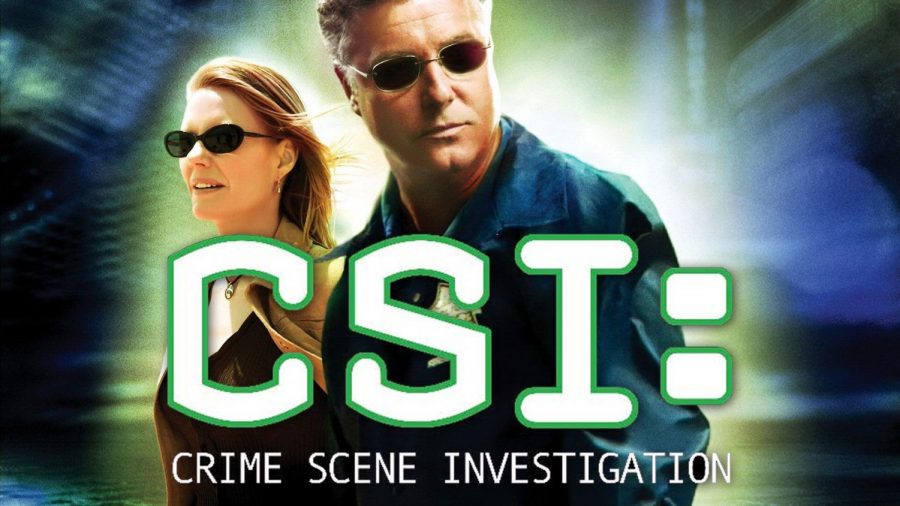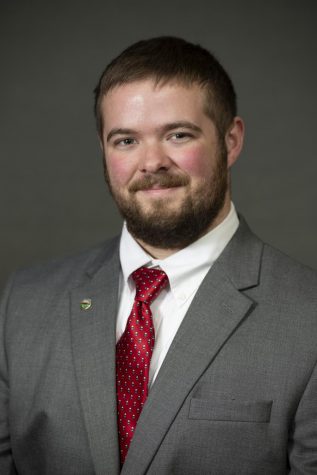Forensic Science Programs Offer Unique Career Paths
April 2, 2019
For many students at Washburn, the expansive Forensics department offers many different career paths to a future in analyzing evidence from crime scenes and conducting close investigative work. Yet the reason most students are first attracted to this field is likely by watching TV shows or movies which project a rather dramatic outlook on forensic studies in general. The forensic science professors are all in agreement however that significant class work must be done and a lot of myths about this field must be buried before a forensic science student is ready to take to the field.
In the previous issue of the Review, we discussed the classes offered by Holly O’Neill, a member of the Forensic Chemistry Program, and Bruce Mechtly, a member of the Digital Forensic Program. If you would like to hear more about the classes they offer and more details concerning their programs, please check out the previous edition of the paper or go to our website at https://www.washburnreview.org/.
The Forensic Anthropology Program teaches students to examine human remains in the field and in lab environments. Some of the classes in this department consist of Lab Methods and Field Methods, Human Osteology and a summer field school offered in 2020. These are just some of the courses that are taught by Alexandra Klales at Washburn. She has been a member of Washburn’s faculty since 2016 and received her PhD from the University of Manitoba in Winnipeg, Canada.
“I have always been really interested in mysteries and solving things. I read a lot of murder mysteries which helped me first get involved with the field,” Klales said. “I’ve always had a lot more interest in the deceased than the living.”
Klales emphasized the difficulty of forensic anthropology courses and stressed how it took a specific mindset to be successful in any forensic science field.
“It’s a really challenging department. It requires a lot of analytical skills that are necessary to examine evidence in the field and the lab,” said Klales.
The Forensic Investigation Program at Washburn teaches students to pay attention to minor details and prepares students for crime investigation work in the field. Some of the classes that are in this section of forensic science include Crime and Justice in America, Introduction to Forensic Investigation and Forensic Investigation Lab. These classes are taught by Hyoungah Park, a South Korean native who has more than 28 years of experience in police and investigative work. He spoke in an interview about why he decided to change from being a police officer to a professor of forensic investigation and what his future goals are while he is at Washburn.
“When I worked as a police officer I felt a limitation. That even though I tried hard to do my job, I could not be the best that I could be,” Park said. “I want to do more research and be a good mentor to my students at Washburn. I really want my students to be good members and good leaders of society.”
Both forensic investigation and forensic anthropology offer different programs to students who share skills in both analysis and investigation. For more information on the courses offered by the Forensic Science Department, please reach out to any of the forensic science professors whose contact information is available on Washburn’s website.




